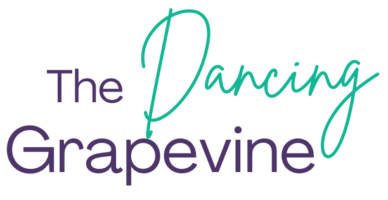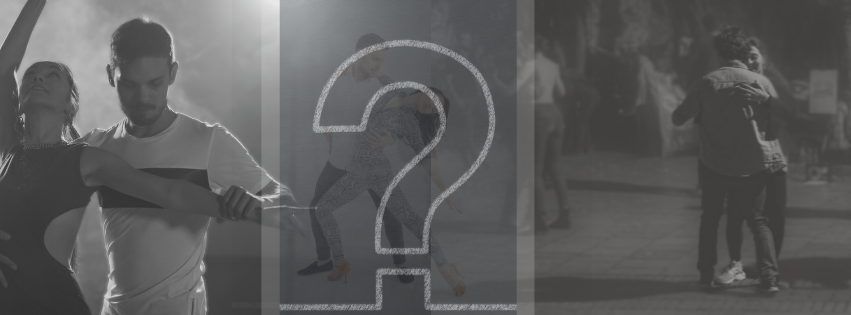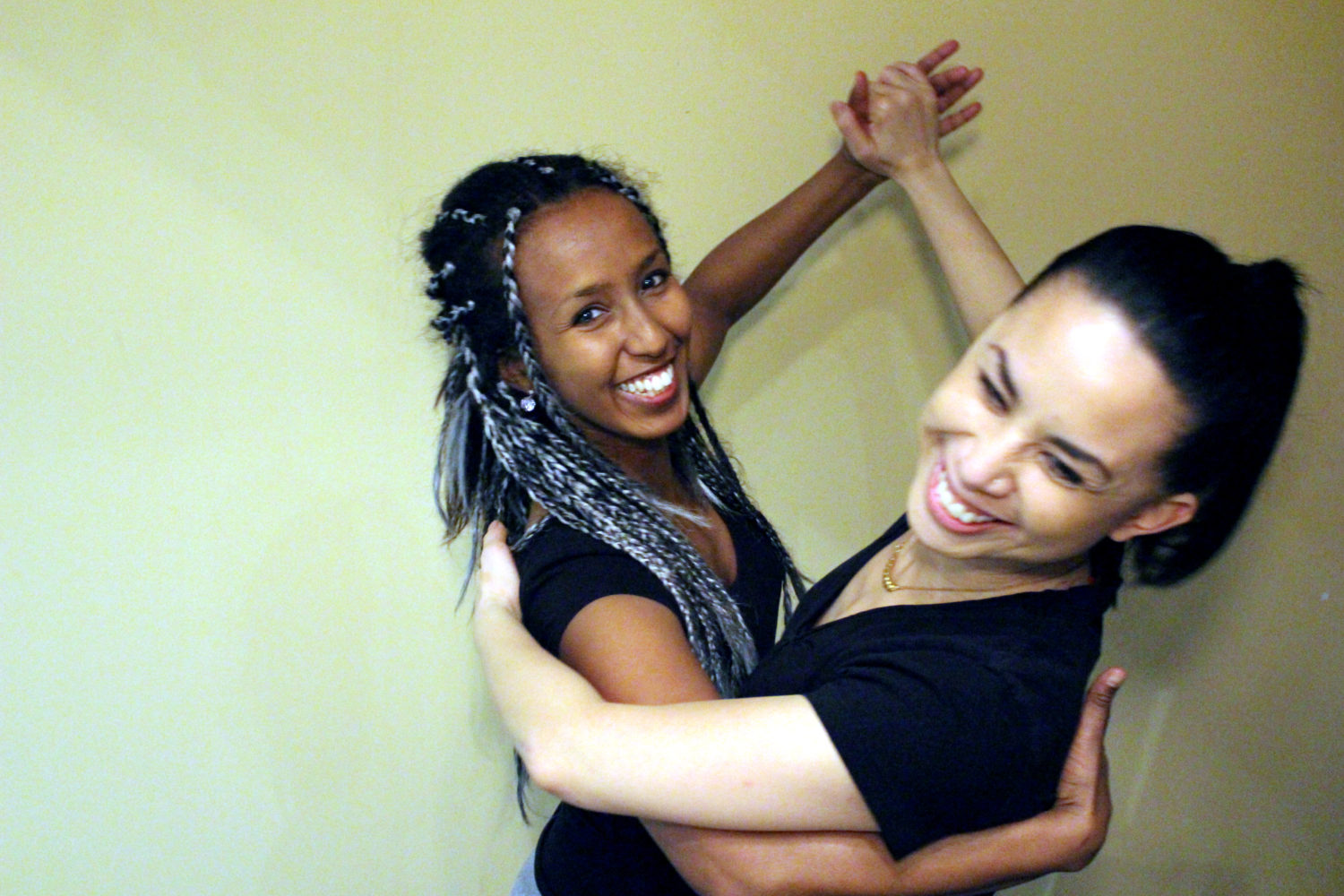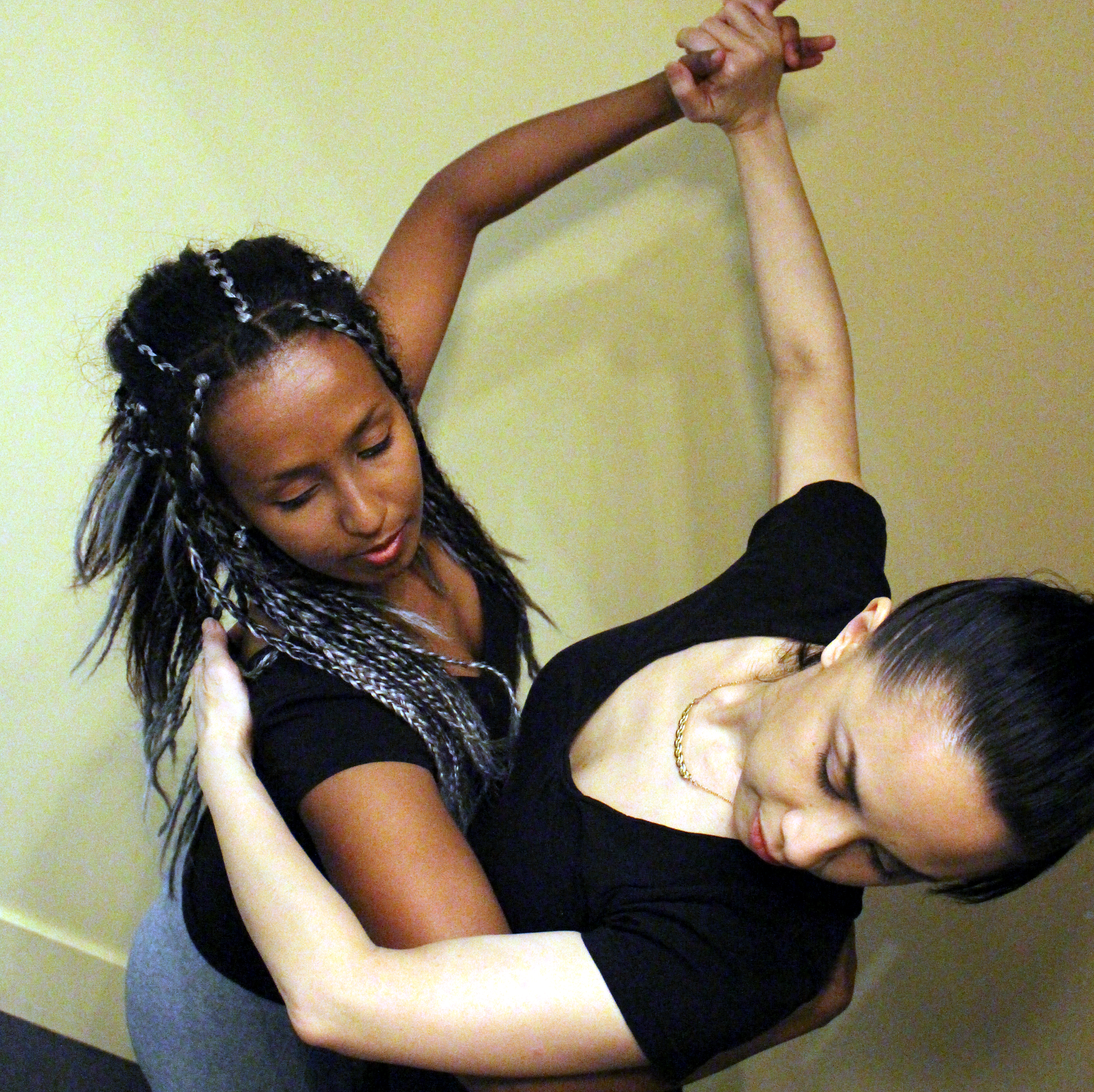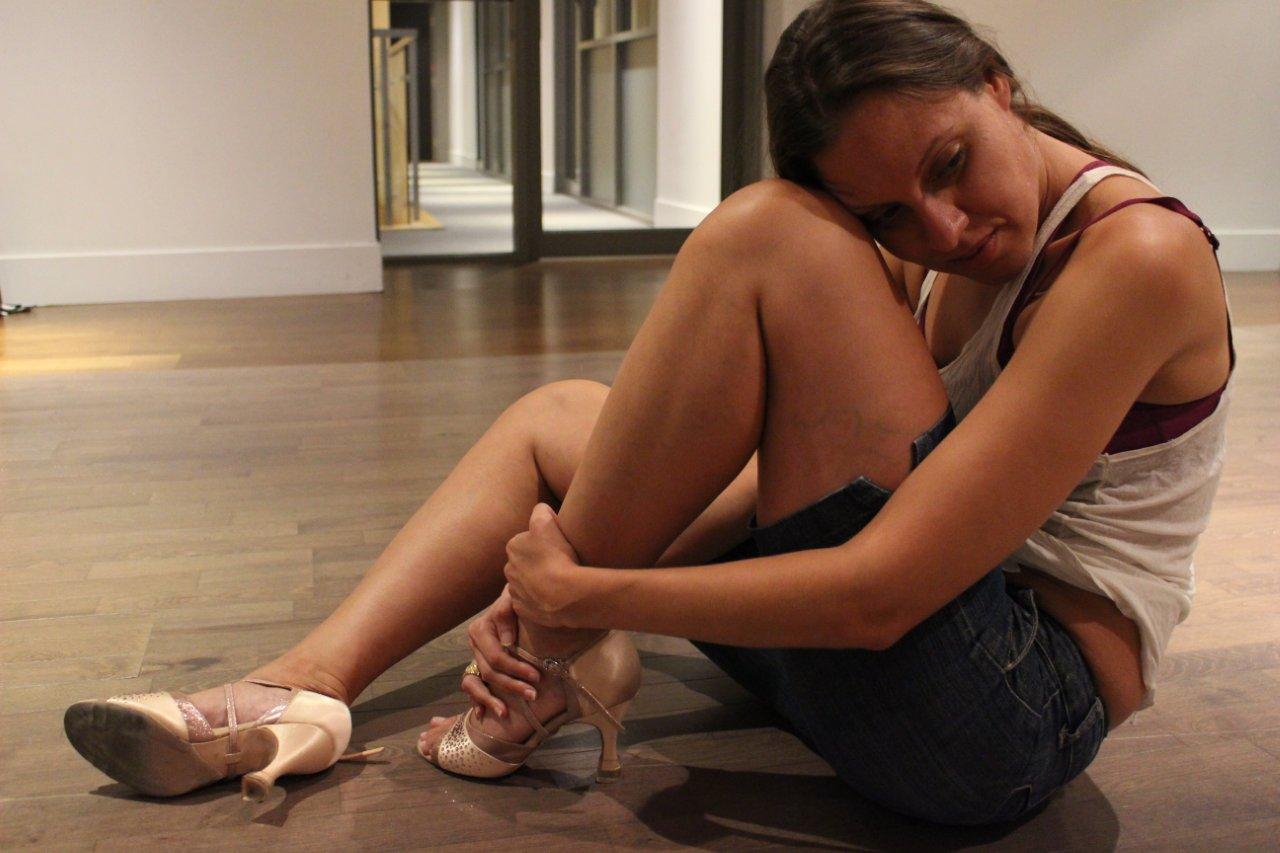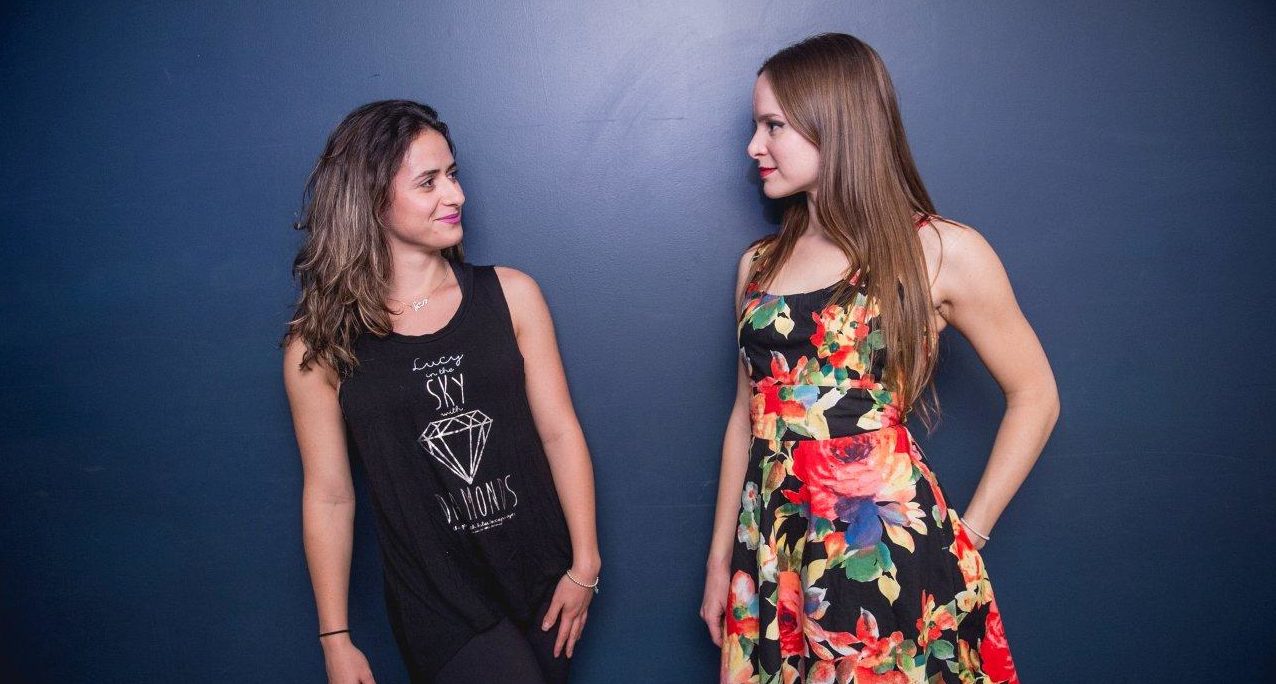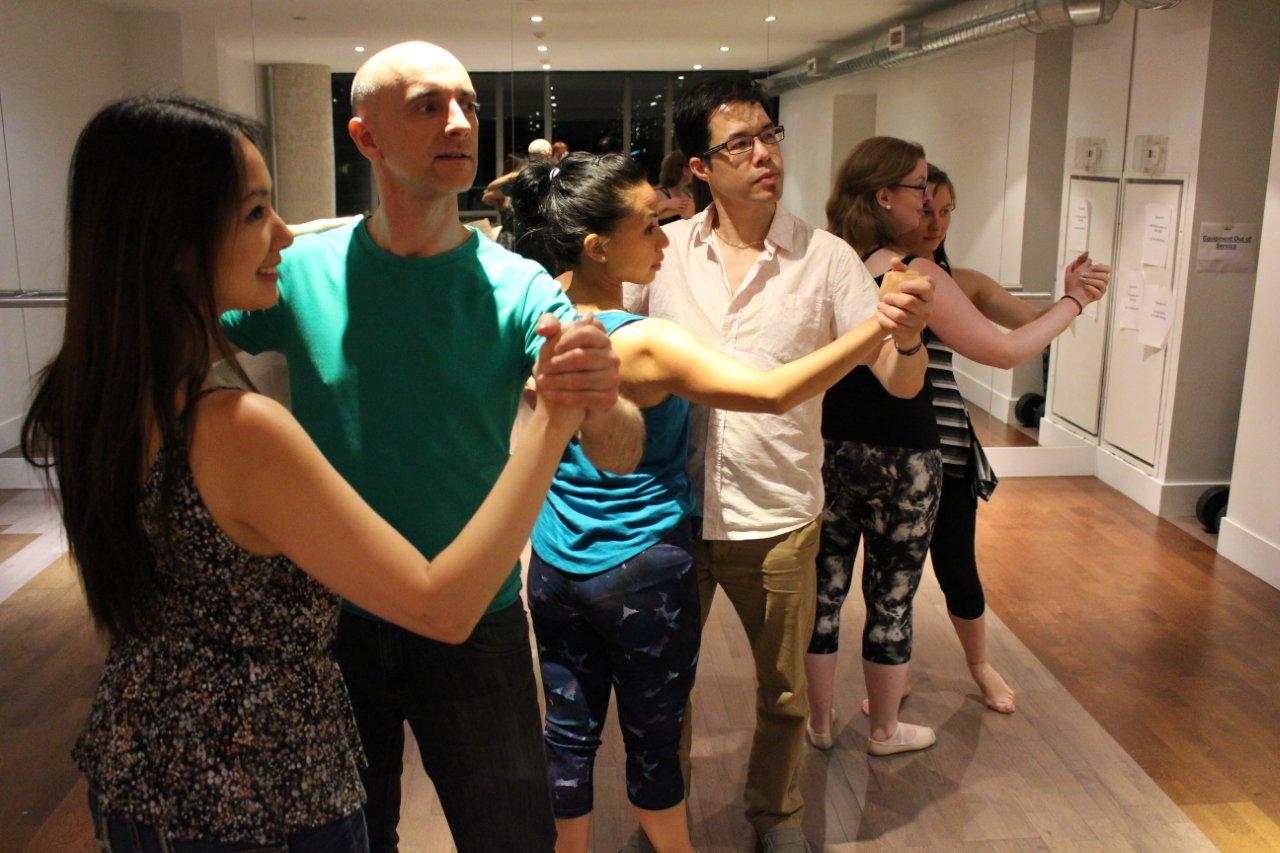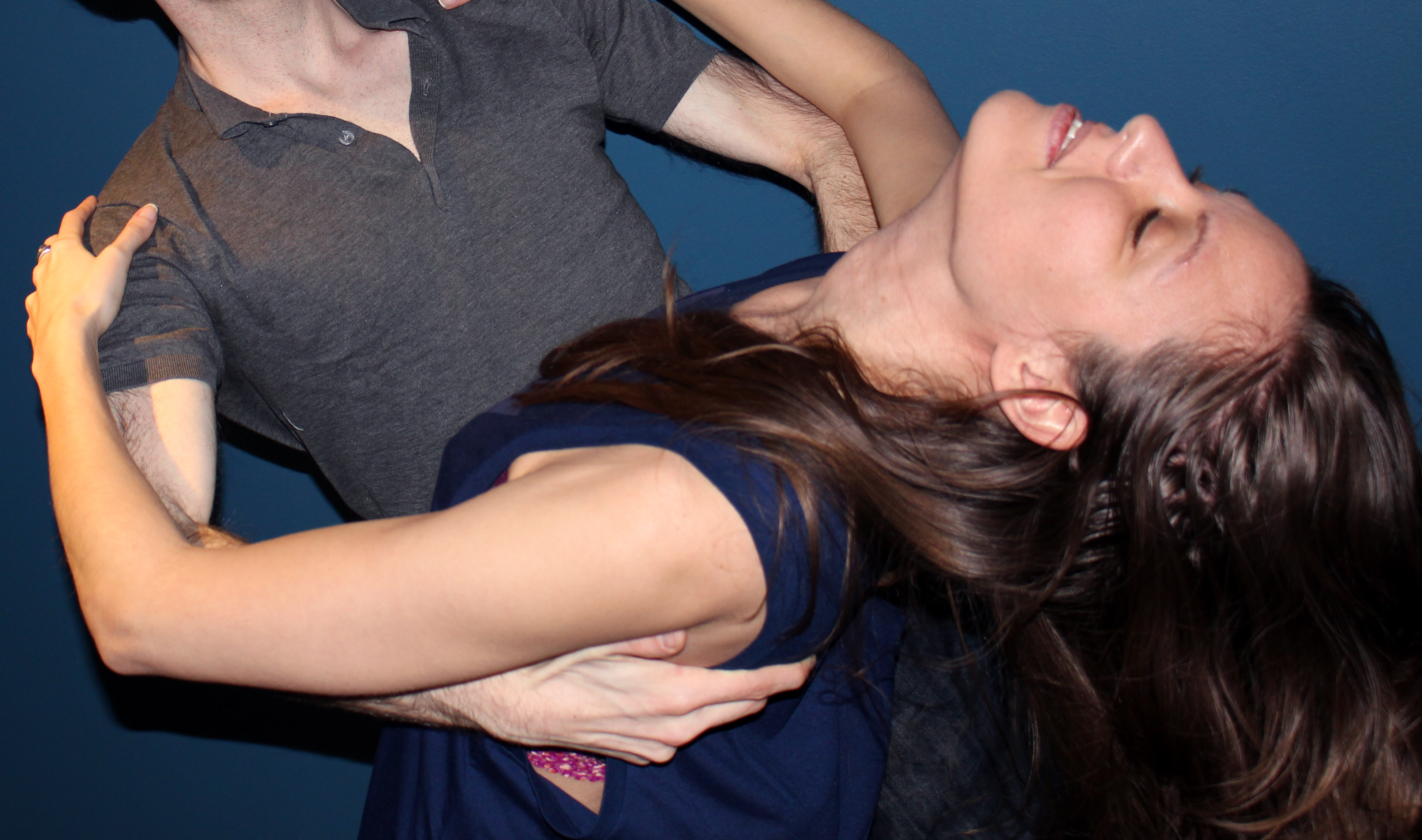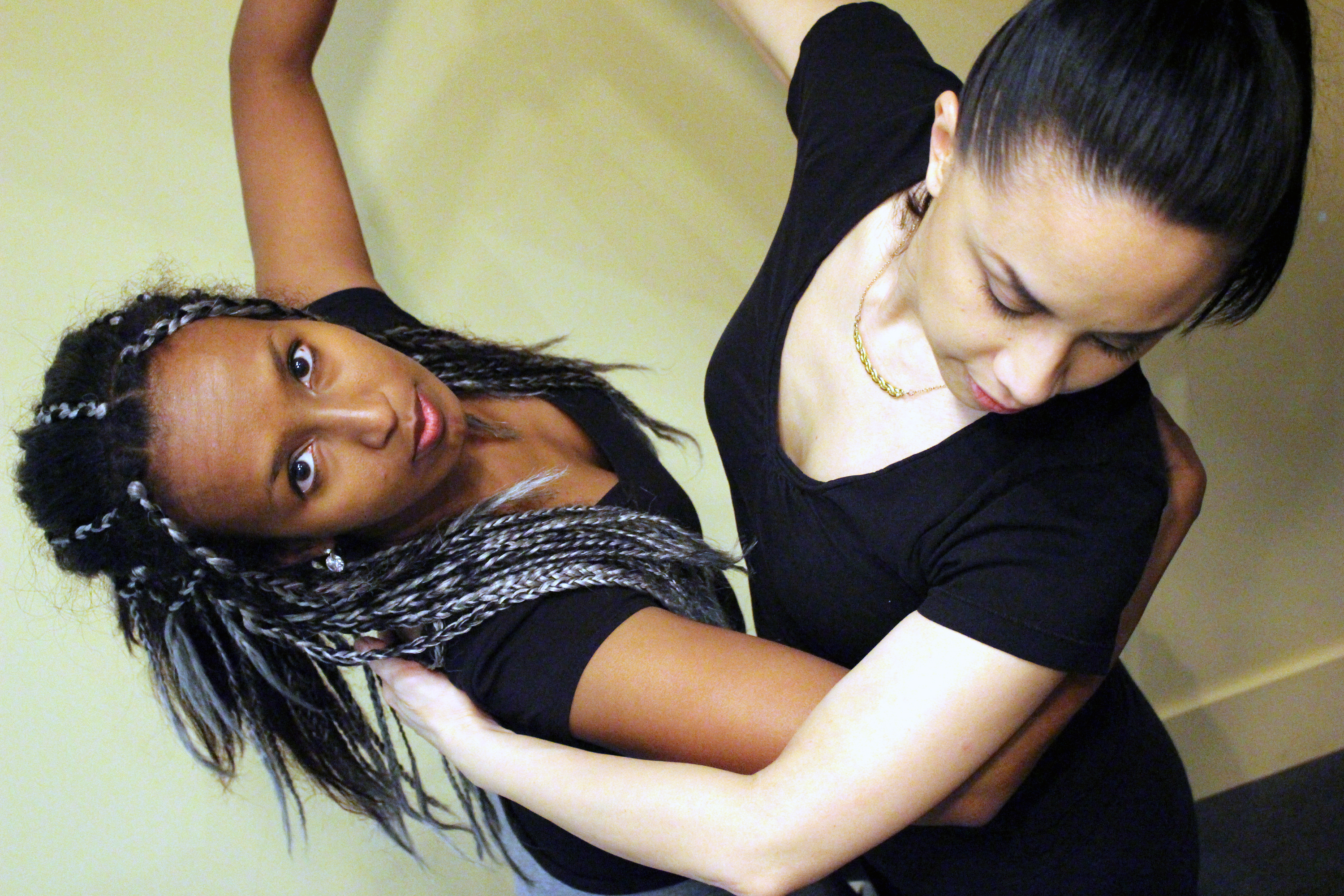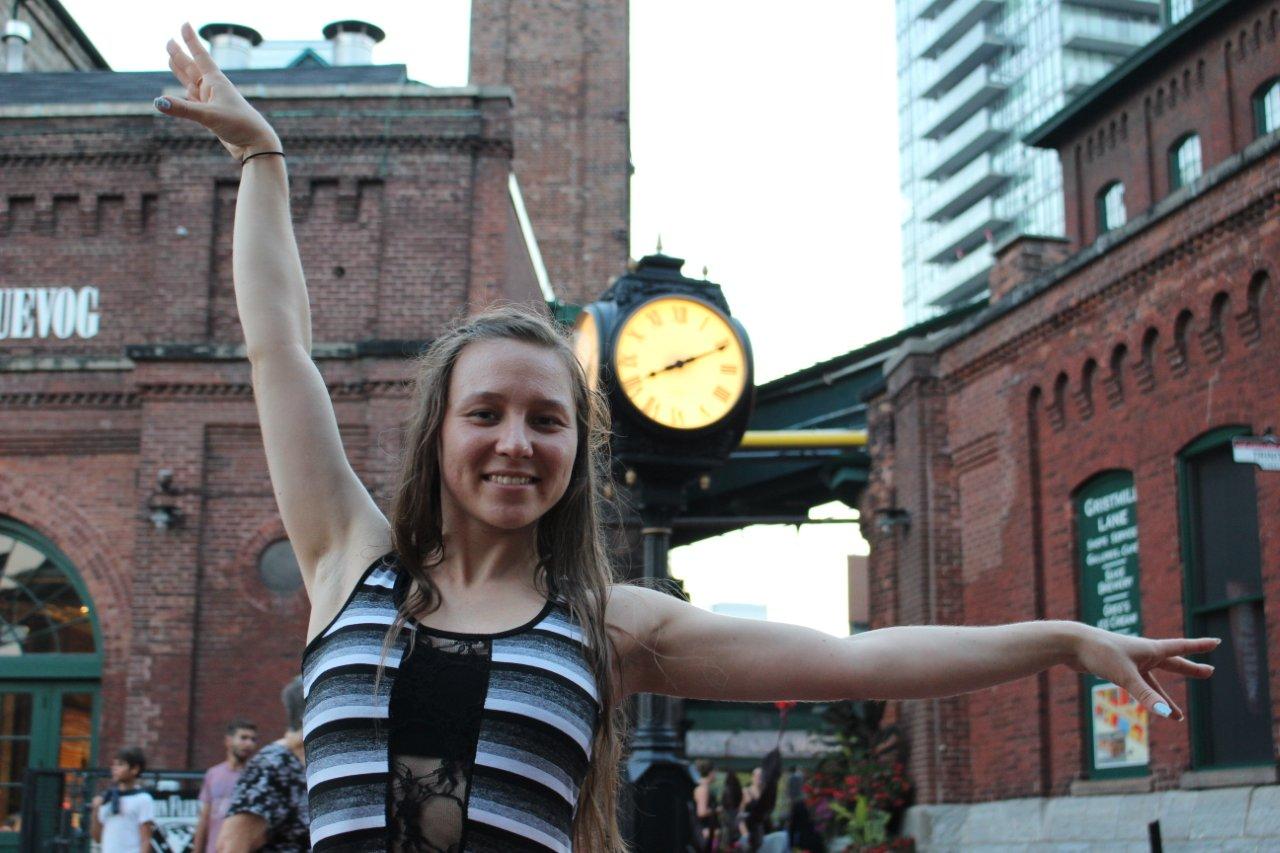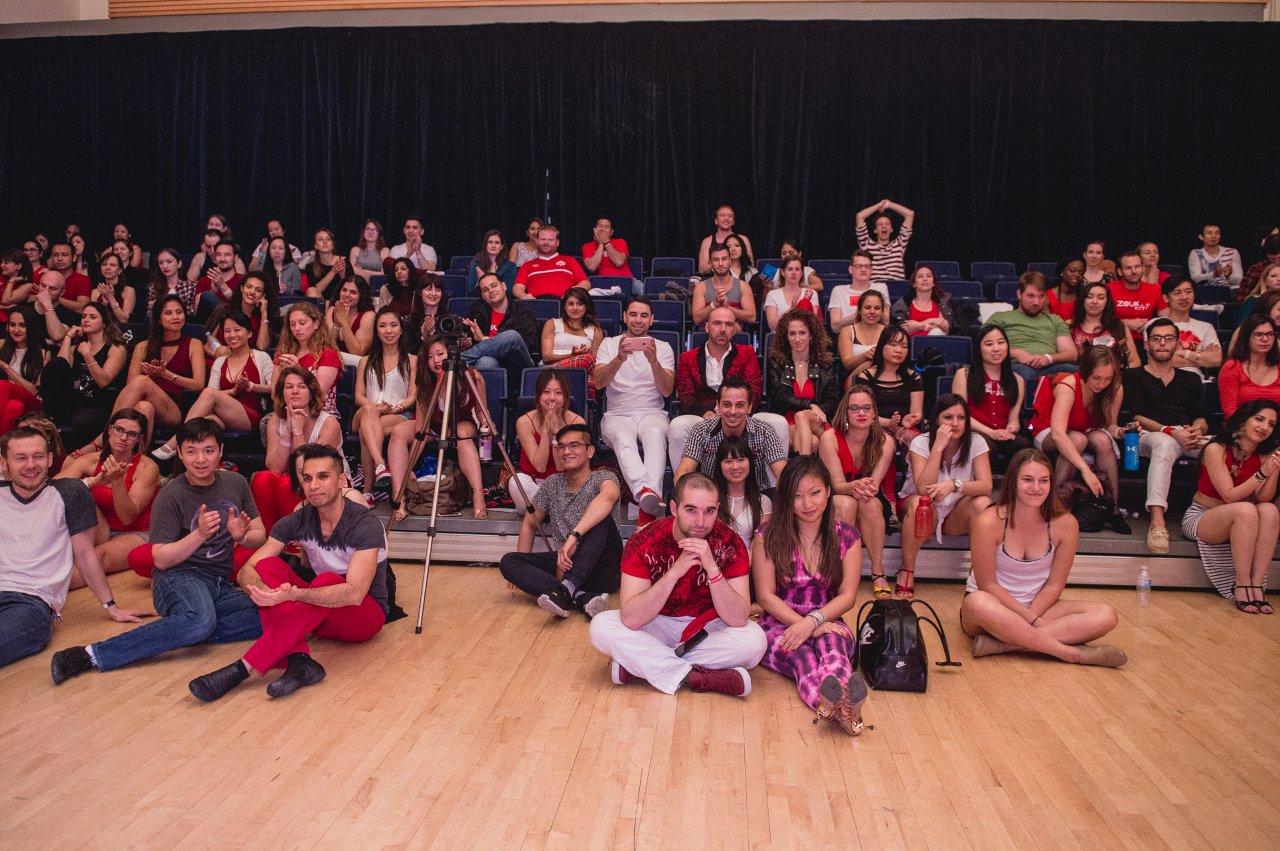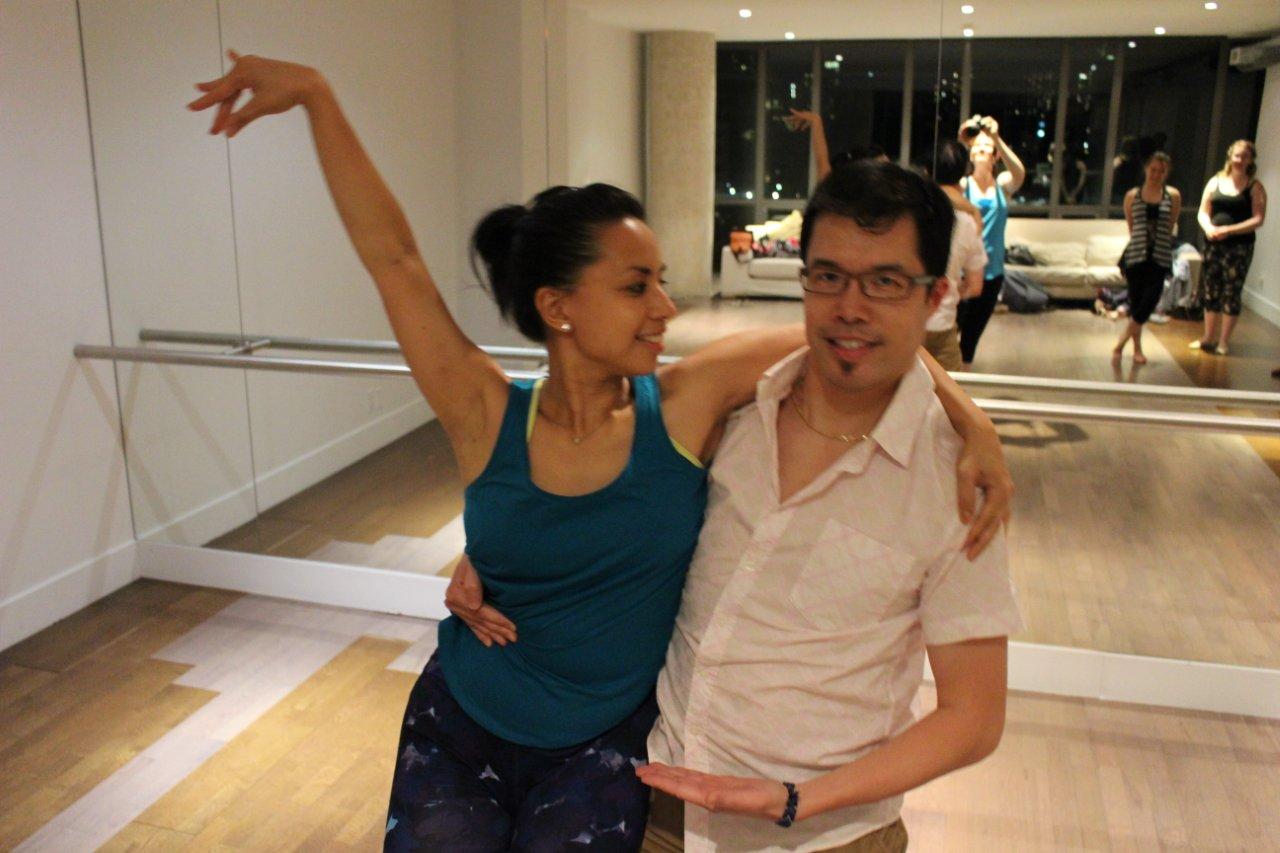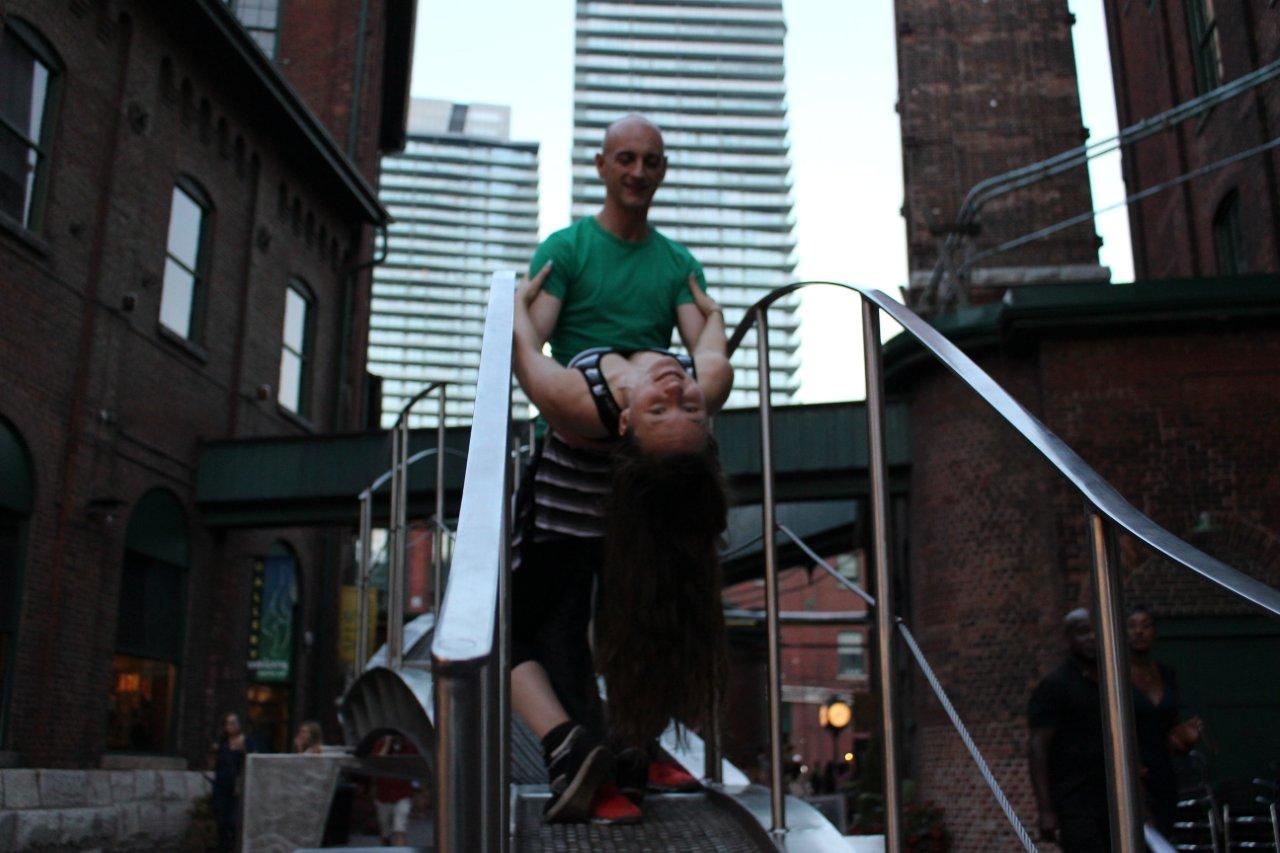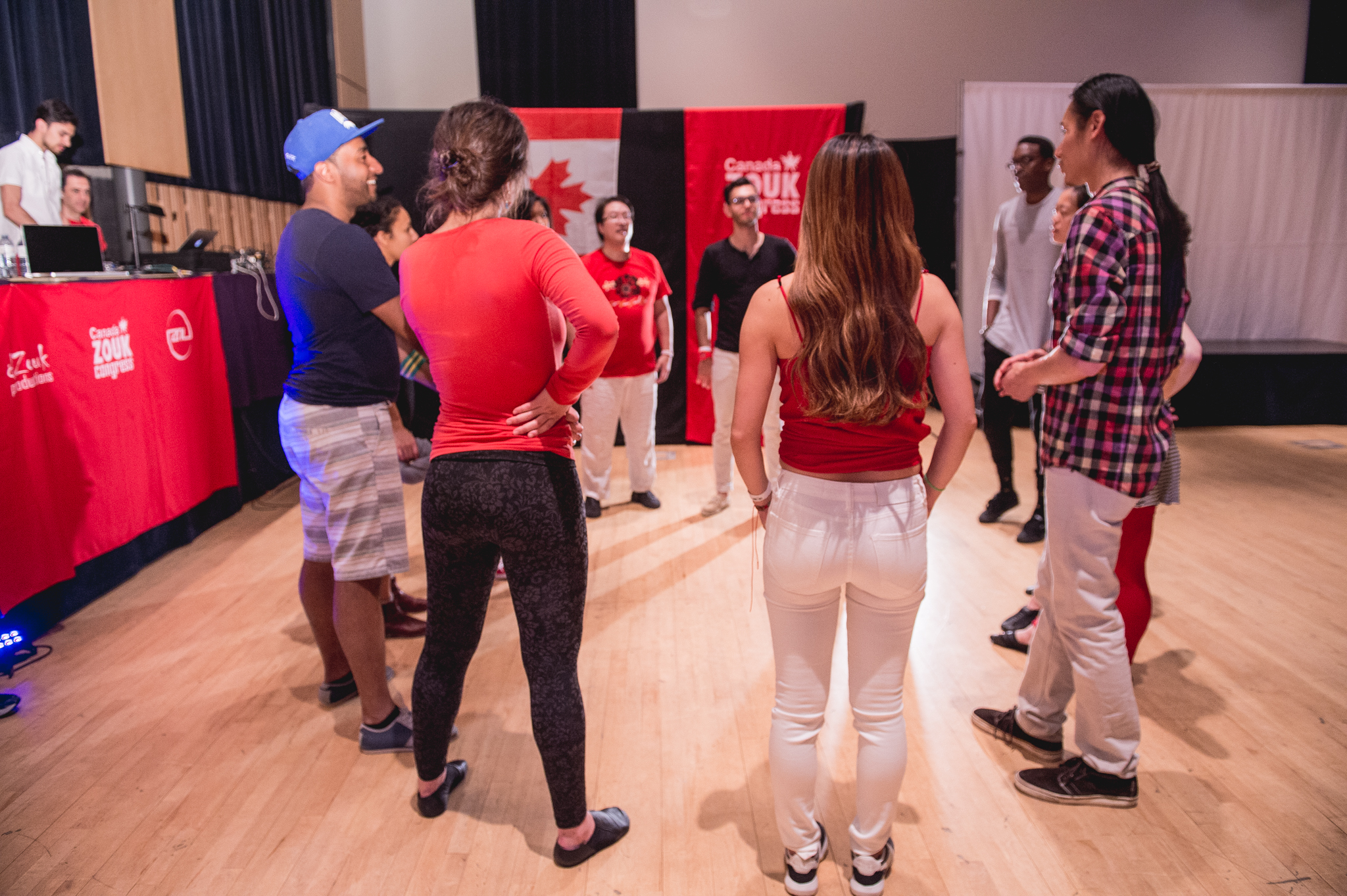Most social dance styles frequently discuss whether variations, changes, and interpretations are “authentic” enough to be considered the same dance. From West Coast Swing to Salsa, Bachata to Brazilian Zouk, it happens constantly – especially as dances evolve and change with time. On a basic level, we all agree that there is a line when a dance ceases to be that dance. For example, no one looks at ballet and says it’s Lindy Hop. Similarly, no one looks at Viennese Waltz and calls it Cumbia. The tricky part is trying to set out why the dances are different – and…
-
-
You have probably heard (or said) some variation of the phrase “I love beginners! All I care about is that my partner has good, clean basics.” We think that it takes the pressure off of novice dancers who are still getting their feet, and that it discourages pattern junky or rough behaviour. But, I think we may want to reconsider this phrase. The “Clean Beginner” Myth Beginners cannot have clean basics. Some may have cleaner or stronger basics, and some may be weaker. But, they’re not going to be ‘clean.’ Why? Put simply, they haven’t developed them yet. Very few people…
-
It is very easy for teachers to fall into the leader trap. Very often, it makes the most sense for many movements to teach the leads the structure, and then have the followers just “follow along”. But, this has unintended consequences. For example, the lack of follow-centric teaching in many classes causes followers to feel disillusioned with the learning process because they feel like a prop. It can also reinforce the idea that following is “easy”, and always the result of the leader’s quality. And, it stunts the ability for follows to have a conscious understanding of why, when, and…
-
There’s been a trend about celebrating people who dance outside of the traditional roles. Whether it’s male follows, female leads, or ambidextrous dancers, it’s a great thing to see so many people stepping outside of the traditional. I started leading and following my first dance (Salsa) from the very beginning nine years ago. I did the same thing when I started Brazilian Zouk. I worked at both roles, danced in both roles, and (eventually) taught in both roles. I did it in all dances I tried except West Coast Swing and Tango – for which I am forever kicking myself. Therefore, I…
-
For many of us, whether professional or amateur, dance is a passion that we devote a substantial amount of time, energy, and money to. We engage in training, travelling, and practising to make our dance closer to our perceived ‘ideal’. However, for some of us, we end up burning ourselves out because we push too hard too often. We start losing motivation (and then get mad at ourselves for that decreasing motivation), which can eventually cause some of us to depart from the scene entirely. One of the biggest contributors to this burnout is that many of us don’t permit ourselves…
-
In group classes, it can be a struggle to find the line between providing feedback to a partner, asking for what you want, and becoming the teacher. In my opinion, feedback and asking for what you need from a partner is an integral part of learning. For example, asking a lead to do something with less force or focus on a particular element can make a follow’s learning experience far more effective. For leaders, asking a follower to wait can be helpful for understanding the actual mechanics of a movement. But, in order to give appropriate feedback, the provider needs to avoid…
-
We trust dance teachers to tell us the “right” way to dance. Whether it’s how to place your foot, establish connection, or execute general body mechanics, we use their guidance to grow and learn. But, what happens if our teachers tell us something wrong? How Teachers can be Wrong There are several reasons that a teacher may be “wrong”. Some teachers have few access to resources, and therefore are ‘filling in’ the blanks that they don’t yet understand themselves. Some are stubborn, and refuse to seek out correct answers for problems in their methodologies. And, some are mistakenly bringing in elements…
-
Each great dance we will ever have comes down to a few foundational building blocks. If all the blocks are there, a dance will be more successful and pleasant. But, if we prioritize certain building blocks over others, we end up with an unbalanced experience. Those building blocks can be summed up as the Who, What, Where, When, Why, and How of the dance. The Who: Connection Connection (the “Who”) is your awareness and understanding of your partner. It encompasses how you touch, hold, or feel your partner’s body. It is important for understanding the what of a dance, because it…
-
Beginners are one of the most important parts of a growing dance community. They’re our future. But, if you look at the beginners in any scene, you’ll notice a few patterns: there are types of beginners. Not everyone falls neatly under one “type.” Most will have facets of several of the categories below. 1. The Terrified One You see them at socials. But, they barely dance. They may even reject dances with you, because they’re so scared of putting themselves out there. If you do manage to get them onto the floor, they may apologize for how “bad” they are.…
-
Social dancers tend to covet the idea of becoming an advanced dancer. When beginners first start out, they ask “how long will it take for me to be an advanced dancer?” (Answer: depends completely on your skills, how seriously you take it, and how willing you are to learn.) Meanwhile, the advanced dancers in the scene are frequently sought out for dances. Depending on the genre, maybe multiple dances. Newcomers look up to them, intermediates want to be them, and fellow advanced dancers treat them with a sense of camradarie. It’s very easy to see that some things change when…
-
It can be very hard to stay calm when you meet an arrogant dancer. Their “I’ve got this” and “I’m awesome” mentality can be grating for partners. Very often, arrogant dancers get conflated with dance snobs. But, I feel the two are different. Whereas snobs are consumed by how crappy everyone else is, arrogant dancers are generally preoccupied with keeping up their own reputation. The difference between dance snobs and some ‘arrogant’ dancers The dance snob tends to focus on why everyone else sucks. They may roll their eyes at beginners, accuse others of not working hard enough, and more. Their focus is on how…
-
It seems that in every workshop, there’s some very recognizable dancers who come out to play. Whether it’s in weekly classes or congresses, you’re sure to find these dancers around the world and in every style. 1. The Questioner You guessed it – the Questioner has a question about everything. Whether it’s foot placement, connection, or some tiny detail about which muscle engages on count 2.5 of the pattern, they will have a question (or 10). Sometimes, the questions are so obscure or off-topic that the teachers are not able to answer them. But, every once in a while, the…
-
When I was a new teacher, I had a student who began as a very ‘heavy’ follow. She used so much resistance that I would be exhausted after one dance with her. After a few months of regular practice, she became a ‘lighter’ follow. It was a beautiful connection. But, she didn’t stop there. She kept trying to connect more lightly. After all, the response to the initial ‘lightening’ was very good – so more must be better, right? The Overcorrection Conundrum This is a habit that I’ve seen quite frequently with dedicated but less-experienced partner dancers. First, they get a piece…
-
There are two groups of dancers most of us have heard of: the incompetent dancers who think they’re amazing, and the brilliant dancers who can’t understand the struggle of others. On face value, these two groups couldn’t seem more different. One group is typically very good at what they do, and a pleasure to dance with. The other is full of ego and a sense of superiority – even though most dancers would rather avoid them. But if we dig a bit deeper, they’re two sides of the same coin. They’re both based on an inability to understand their relative…
-
I love how many dance communities have a strong emphasis on technical foundations. It’s something that advanced dancers always loved, but social media made the importance of technical education more prominent. Dance scenes are growing and expanding. Some students take many classes a week, or invest thousands of dollars in privates. But, are we overeducating our social dancers? Defining Overeducation For the purposes of this article, overeducation has less to do with ‘taking too many classes’ than with an overemphasis on one facet of dancing at the expense of other equally-important components. For example: if you take 200 hours worth of dance training and 199…
